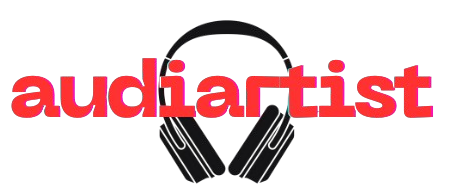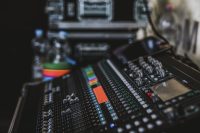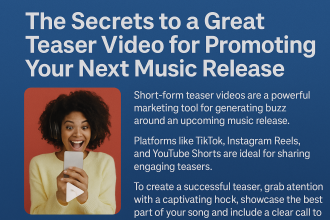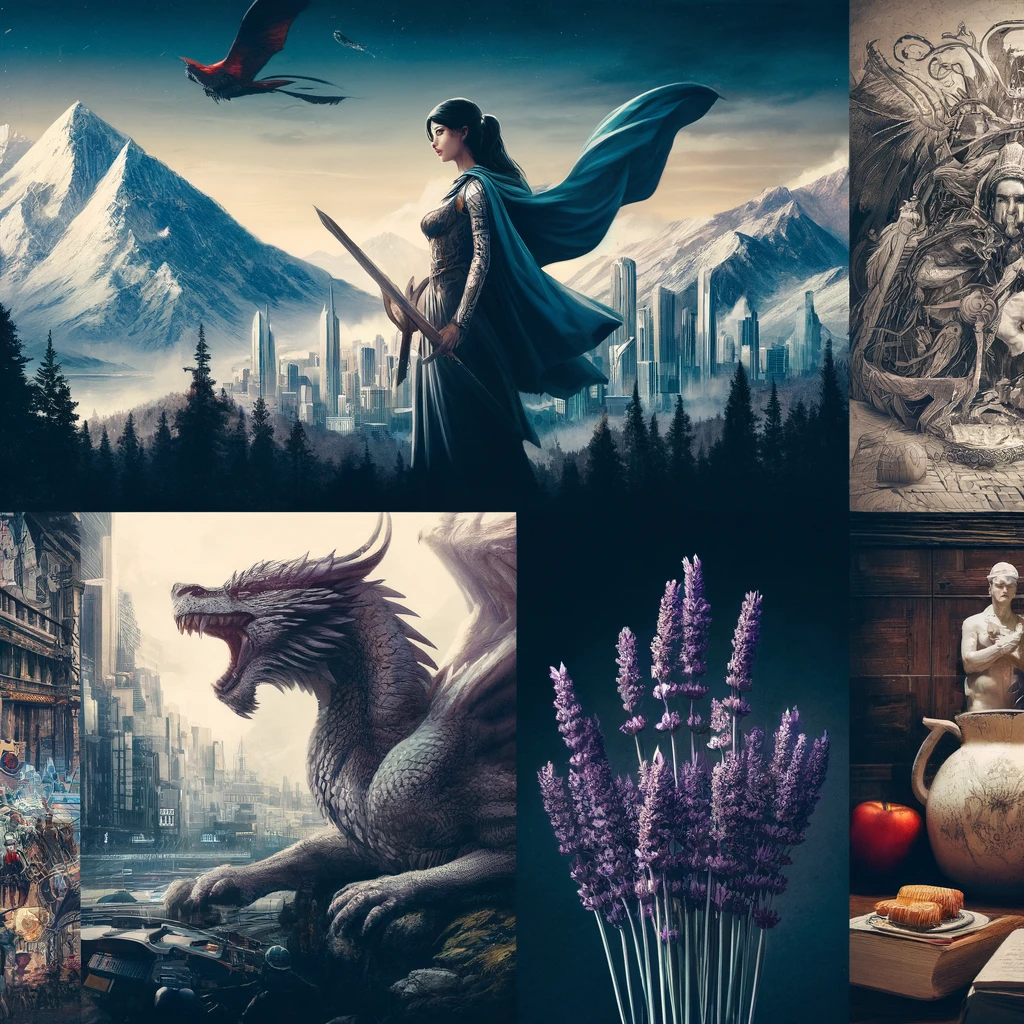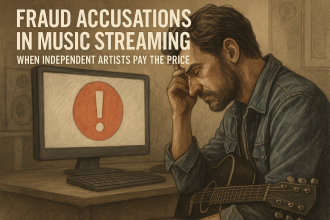The Collision of AI and the Music Industry
Artificial intelligence has quickly become a disruptive force in the music industry. From generative AI tools that create new songs in seconds to platforms integrating AI-powered recommendations, the line between technology and artistry is blurring. Today, major record labels such as Universal Music Group and Warner Music Group are reportedly nearing historic agreements with leading AI companies, including Google, Spotify, and startups like Stability AI and Klay Vision.
These deals could redefine how artists, rights holders, and platforms interact in the era of AI-generated music.
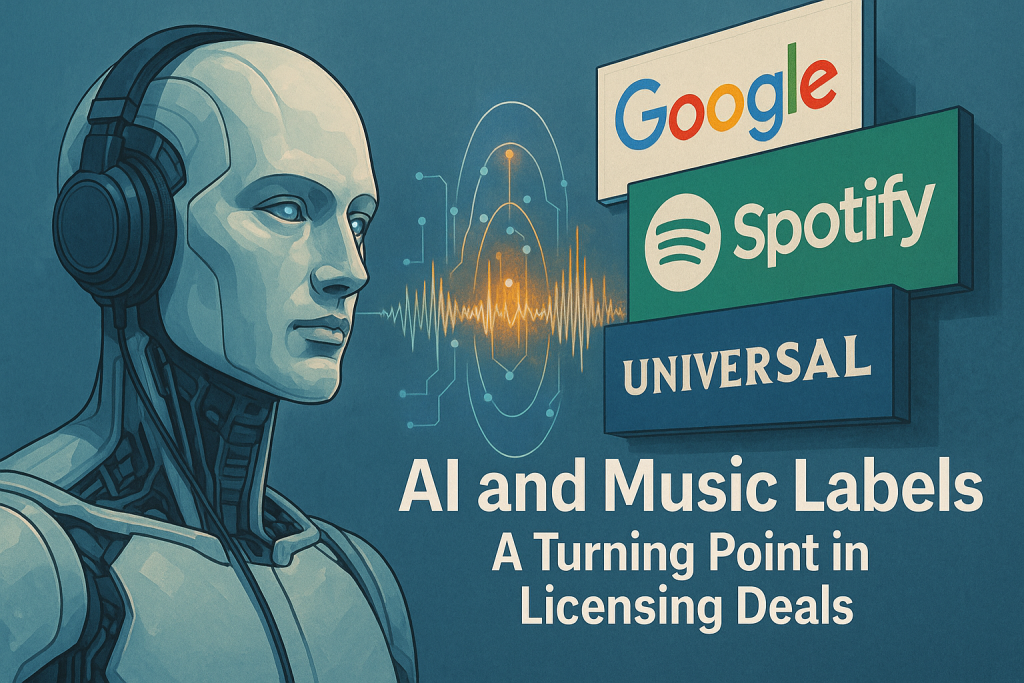
Why AI Licensing Matters for the Music Ecosystem
For decades, streaming royalties have shaped the economics of music. Every play on Spotify or Apple Music generates a small payment to the rights holders. However, with the rise of AI tools that use existing catalogs to generate new sounds, a critical question arises: how do artists and labels get paid when AI “borrows” from their work?
The core objective of these negotiations is clear:
- Guarantee that every AI-related usage of a track triggers compensation, just like a traditional stream.
- Prevent uncontrolled exploitation of catalogs without licensing agreements.
- Build sustainable frameworks that protect artists while enabling innovation.
What the Deals Could Look Like
According to Reuters, the agreements under discussion would give AI developers the right to access and train on licensed catalogs, in exchange for royalty payments.
Industry insiders suggest three possible models:
- Pay-per-use royalties – AI platforms would pay rights holders each time their systems generate content derived from catalog tracks.
- Subscription-based access – Tech companies could license catalogs for a flat annual fee, similar to sync licensing for film and TV.
- Hybrid licensing – A mix of upfront payments and per-use royalties, balancing predictability for startups with fair compensation for rights holders.
Implications for Artists and Rights Holders
If finalized, these deals could mark a turning point for independent artists and major stars alike. By ensuring that royalties flow not only from streaming but also from AI usage, musicians may benefit from a new revenue stream.
At the same time, transparency remains a concern:
- How will artists know if their work was used to train an AI model?
- Will smaller, independent creators receive the same protection as superstars?
These issues will shape industry trust in the upcoming licensing frameworks.
The Role of Platforms Like Spotify and Google
Spotify, already the world’s largest streaming service, has begun experimenting with AI-driven features, from personalized DJ voices to AI playlist curation (The Verge). Google, on the other hand, has invested heavily in generative AI research, including MusicLM, a model capable of creating melodies from text prompts.
By joining forces with record labels, these platforms could accelerate mainstream adoption of AI music tools — but under a controlled and monetized environment.
Risks and Criticism
Not everyone welcomes these developments. Critics argue that licensing deals could:
- Legitimize AI systems that displace human musicians.
- Concentrate power in the hands of major labels, leaving independent artists vulnerable.
- Encourage a flood of AI-generated music that overwhelms platforms already hosting millions of new tracks per year.
The challenge will be balancing innovation with artistic integrity.
Conclusion: A Defining Moment for the Future of Music
As Universal, Warner, and tech giants approach final agreements, the industry is on the edge of a historic transformation. For the first time, AI will not only create music but also contribute directly to the royalty ecosystem. If successful, these deals could establish a blueprint for fair AI licensing worldwide.
The coming months will reveal whether these negotiations truly protect artists — or whether they mark the beginning of a new era where music is as much about algorithms as artistry.
![]()
